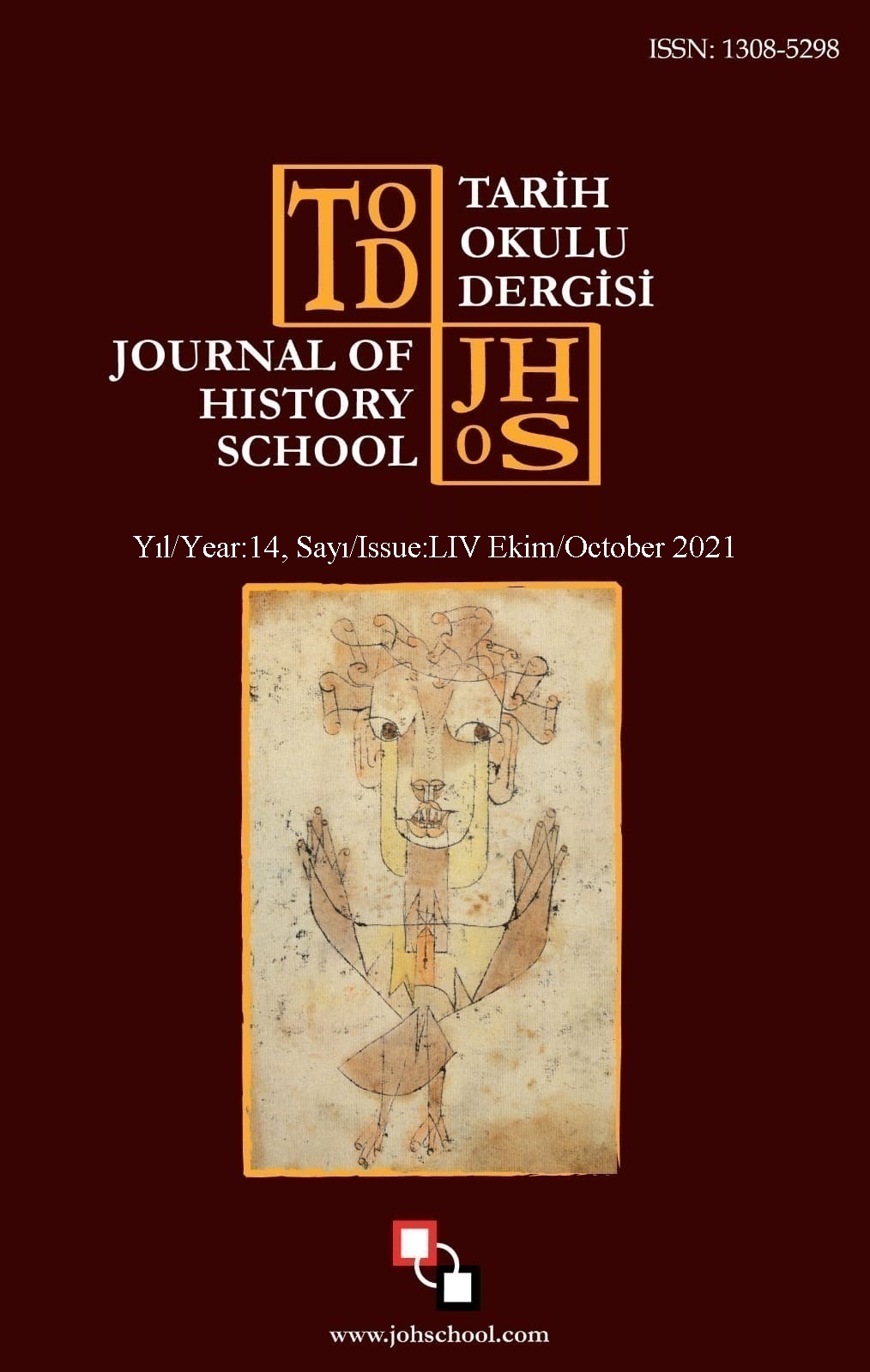Author :
Abstract
Bu araştırmanın amacı, lisansüstü eğitimde geri bildirime ilişkin öğrenci görüşlerini belirlemektir. Nitel araştırma yöntemi benimsenen araştırmada, olgubilim deseni kullanılmıştır. Araştırmanın çalışma grubu, 2020-2021 eğitim-öğretim yılında Türkiye’de farklı üniversitelerde Eğitim Bilimleri Enstitüsüne bağlı olarak lisansüstü eğitim alan 100 öğrenciden oluşmaktadır. Araştırma verileri, yarı yapılandırılmış görüşme formu aracılığıyla toplanmıştır. Görüşme formunda; öğrencilerin geri bildirim kavramına, geri bildirimin amacına, geri bildirimin etkili olduğu durumlara, aldıkları geri bildirimi anlama durumlarına, geri bildirim aldıklarında hissettikleri duygulara, geri bildirim almanın olumlu yönlerine, geri bildirim alma sürecinde karşılaşılan olumsuz durumlara ve son olarak öğretim üyelerinin geri bildirim verme konusundaki yeterliliklerine ilişkin görüşlerini belirlemeye yönelik 8 açık uçlu soru yer almaktadır. Araştırmada elde edilen veriler, içerik analizi tekniğiyle çözümlenmiştir. Araştırma sonucunda; öğrencilerin geri bildirimi “Bilgilendirme, değerlendirme, yönlendirme, gelişmeyi sağlayan unsur, iletişimi sağlayan unsur, motive edici unsur ve değer verme” olarak tanımladıkları belirlenmiştir. Öğrenciler geri bildirimin amacını “Zayıf yönleri göstermek, gelişimi sağlamak, çalışmanın niteliğini artırmak, güçlü yönleri göstermek, yönlendirmek, değerlendirmek, hedefe ulaşmayı sağlamak, etkili iletişimi sağlamak, motivasyonu artırmak ve farklı bakış açısı kazandırmak” olarak ifade etmişlerdir. Öğrencilerin etkili geri bildirime ilişkin görüşleri “Veriliş şekline göre, ihtiyaç alanına göre, veriliş zamanına göre, işlevine göre, alan kişiye göre ve veren kişiye göre etkili geri bildirim” olarak çeşitlilik göstermiştir. Aldıkları geri bildirimi anlama durumlarına ilişkin olarak, öğrencilerin büyük çoğunluğu “Yeterince anladığımı düşünüyorum” yönünde görüş belirtmiştir. Öğrenciler geri bildirim aldıklarında “Olumlu duygular ve olumsuz duygular” yaşadıklarını ifade etmişlerdir. Öğrenciler geri bildirimin olumlu yönleri arasında özellikle “Yönlendirici olması, gelişimi sağlaması, motivasyonu artırması, performansı artırması”na vurgu yaparken, geri bildirim alma sürecinde karşılaştıkları olumsuz durumlar arasında ise en fazla “Motivasyonun düşmesi” durumuna değinmişlerdir. Son olarak, lisansüstü eğitimde öğretim üyelerinin geri bildirim verme konusundaki yeterliliğine ilişkin olarak öğrencilerin büyük çoğunluğu “Kısmen yeterli olduklarını düşünüyorum” şeklinde görüş belirtmişlerdir.
Keywords
Abstract
The aim of this study is to investigate the opinions of students on the phenomenon of feedback in postgraduate education. Phenomenology design which is one of the qualitative research designs was used in the study. The study group consists of 100 postgraduate students at different universities in Turkey in 2020-2021 academic year, affiliated with the Institute of Educational Sciences. A semi-structured interview form was used as data collection tool in the research. In the interview form, there were 8 open-ended questions aiming to determine the opinions of the students on the concept of feedback, its purpose, the situations where the feedback is effective, their understanding of the feedback they receive, the emotions they feel when they receive feedback, the positive aspects of receiving feedback, the negative situations encountered during the feedback process, and finally academics’ competence in giving feedback. Content analysis technique was used to analyze the data obtained in the study. According to the findings, students defined the feedback as “informing, evaluating, directing, providing development, providing communication, motivating and valuing”. The purpose of feedback was defined by the students as “showing weaknesses, providing development, increasing the quality of the work, showing the strengths, directing, evaluating, achieving the goal, ensuring effective communication, increasing motivation and gaining a different perspective”. The students' opinions on effective feedback varied as “the form of delivery, the area of need, the time of delivery, the function, the person receiving it, and the person giving it”. Regarding their understanding of the feedback they received, the majority of the students stated to be sufficient at understanding the feedback they receive. Students stated that they experienced “positive and negative emotions” when they received feedback. While the students emphasized the positive aspects of feedback as “Being a guide, providing development, increasing motivation and performance”, they mostly mentioned the situation of “Losing motivation” among the negative situations they encountered in the process of receiving feedback. Finally, the majority of students asserted that the academics are partially competent in giving feedback in postgraduate education.
